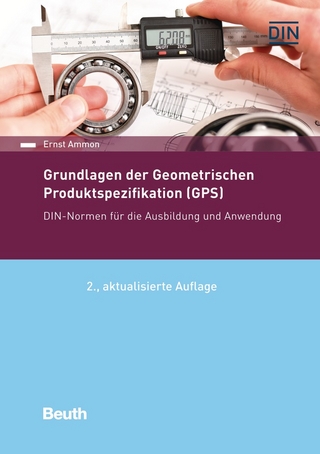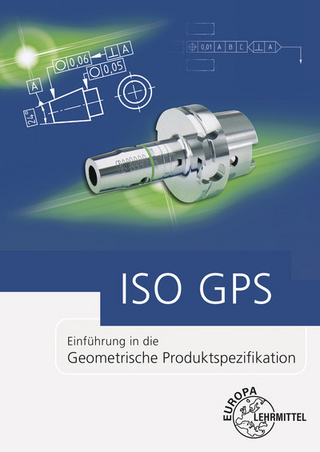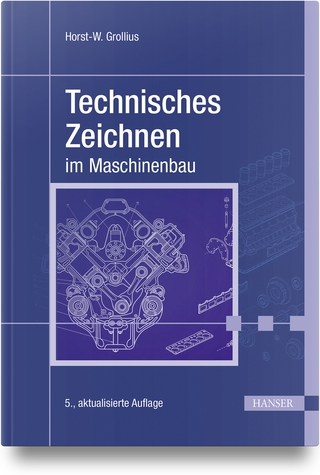
Advanced Computer Graphics
Springer Verlag, Japan
978-4-431-70011-1 (ISBN)
- Titel ist leider vergriffen;
keine Neuauflage - Artikel merken
After shapes are modeled, they are displayed for visual observation. Chapter 2 on rendering presents various novel methods and technological innovations for visualizing shapes. To make display systems more acces- sible to users, rich visual interfaces and languages are being designed, as shown in Chapter 3. Visual data bases for sharing graphics-and image-data are handled in Chapter 4.
1 Computational Geometry.- Localized Surface Interpolation Method for Irregular Meshes.- Environment for Fast Elaboration of Constructive Solid Geometry.- Interactive Solid Modeling in HutDesign.- Polygonal Subdivision of Parametric Surfaces.- Algorithms for Automatic Mould Division Design.- Geometry in Prolog.- On the Boundary of Digital Straight Line Segments.- 2 Rendering.- Soft Objects.- The Simulation of Natural Features Using Cone Tracing.- Shadows for Bump-Mapped Surfaces.- 3 Visual Interface and Languages.- Interaction with IBS: An Icon-Based System.- GEO: Graphics System with Editable Objects.- A Pixelated Design Medium.- A New Graphics User Interface for Accessing a Database.- 4 Visual Data Bases.- Solid Modeler with Assembly Representation Tables.- Visual Business Graphics Query Interface.- The Geo-Graph Simulation System: Towards Dynamic Use of a Geomatic Data Base.- 5 Computer Animation.- Integrating Key-Frame Animation and Algorithmic Animation of Articulated Bodies.- Molecular Shape Embedding in a Grid Stage: Modelling and Animation.- 6 Graphics Software/Hardware Architecture.- Dynamic Display of Heart Potential Images with Parallel Processing.- The Single Array Approach to Engineering and Maintenance of CAD Software.- The Integration of Computer Graphics and Image Processing Techniques for the Display and Manipulation of Geophysical Data.- Applications of the 4x4 Determinant Method and the TRIANGLE PROCESSOR to Various Interference Problems.- Chpter 7 Mechanical and General Purpose CAD/CAM.- On Design of a Robot with Three Legs by Computer Graphics.- High Performance CAD System with Full Automatic Dimensioning and Multi-Modeling Features Based on Engineering Workstation.- VIRGO: A Computer-Aided Apparel Pattern-Making System.- Chapte 8 VLSI CAD/CAM.- Efficient Algorithms for Validating VLSI Design Database.- Format-Independent CAD Software for VLSI Mask Data Preparation.- NISC: Non-Iterative Silicon Compiler.- 9 Marketing and Business/Technical Trends.- Computer Animation around the World: A Marketing Oriented Overview of Industry Development and Direction.- Business Computer Graphics: Usage and Effectiveness.- Computer Graphics for Office Automation: A Case Study.- The Influence of CADD of Teaching Traditional Descriptive Geometry and Orthographic Projection.- Trends in Microcomputer-Based CAD in the USA.- Author Index.- Keywords Index.
| Verlagsort | Tokyo |
|---|---|
| Sprache | englisch |
| Gewicht | 1030 g |
| Themenwelt | Mathematik / Informatik ► Informatik ► Software Entwicklung |
| Informatik ► Weitere Themen ► CAD-Programme | |
| ISBN-10 | 4-431-70011-0 / 4431700110 |
| ISBN-13 | 978-4-431-70011-1 / 9784431700111 |
| Zustand | Neuware |
| Haben Sie eine Frage zum Produkt? |
aus dem Bereich


